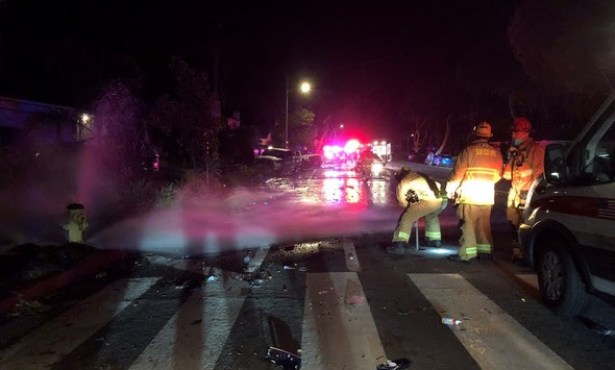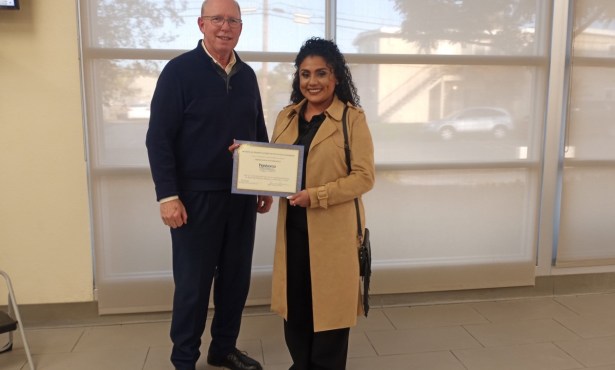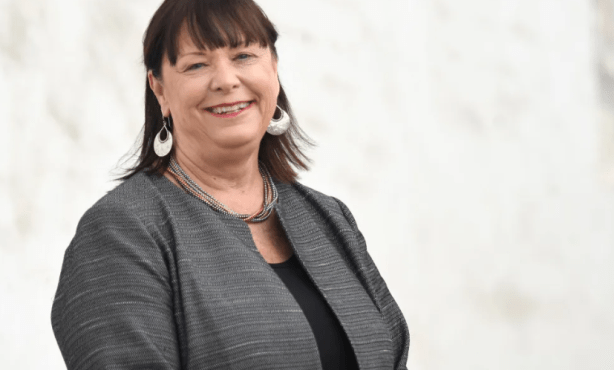Pedal on Short Trips and Save Gas
Pipelines, Like Anything Else, Are Never 100 Percent Safe
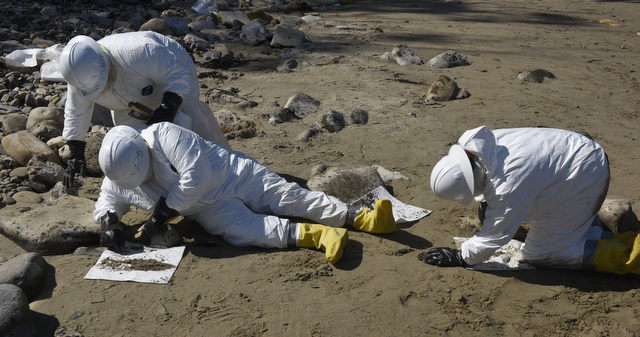
Once again oil has spilled onto Santa Barbara County’s beaches, triggering memories of 1969. Emotionally, I side with the environmentalists who describe the spill as a disaster. Realistically, since I spent years working in the steel industry with top-notch engineers, I understand the hard truth that nothing we build will ever be 100 percent perfect or fail-safe.
In 2010, I was working in the industry during the Gulf oil spill and researched and wrote thousands of words about the root cause of that disaster. Most industrial accidents — San Bruno, Three Mile Island, Refugio — are not really accidents. They are usually a long chain of preventable failures that demonstrate the limits of technology and the ability of engineers and operators to manage risk in sensitive and unpredictable environments
We’d like to believe that we can solve entrenched problems if enough like-minded individuals carry protest signs, or chant “Save the Snowy Plover,” or boycott, march, or write letters to elected officials or The Santa Barbara Independent. Unfortunately I don’t believe that those actions often change the world.
But there is something you can do that can make a difference: Use alternative transportation for short trips. Over 50 percent of daily car trips, according to the National Household Travel Survey are less than four miles, and over 75 percent are less than 10 miles. That is the optimum distance for making a clear, conscious choice to leave your car at home and make the trip by bicycle or walk. How many times each week do you get in your car to go a few blocks to get a gallon of milk, a mile to drop off books at the library, or three miles to go to a concert at the Santa Barbara Bowl?
You can choose to ride your bicycle instead of hopping in the car and idling in traffic on State or Mission streets. A bike won’t work for every trip, but when it’s the right tool for the job, think about leaving your car at home. Fewer car trips mean less gasoline consumption. Here are some encouraging factoids and helpful tips.
Bikes are just as fast (or nearly as fast) as cars on short trips. More than half of Americans live less than five miles from their jobs. Cars have a very high top speed but that’s irrelevant for most commutes, since most are slowed down by rush-hour traffic. Do you ever have to spend time looking for a parking place? And when you get one, is it a long walk from the parking lot to the building? If so, add that to your transit time.
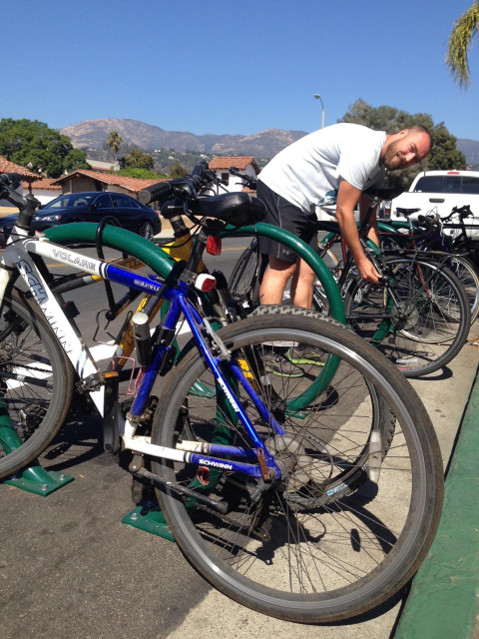
Start small, and take very short trips. I’m not talking about putting on spandex and a crazy-quilt logo jersey and planning a 100-mile route on Strava. Instead think about the short daily car trips you take each week. Start by substituting your bike for one errand to the corner store, to visit a neighborhood friend, or down to the beach. Have fun.
Encourage your children to ride or walk to school or in your neighborhood. By starting young, your children develop lifelong healthy habits. Make sure they wear a helmet, and enroll them in a street-skills class so they can learn to bike safely. Half of U.S. schoolchildren are dropped off at school in the family car. Most live within two miles of their school.
Keep your bike ready to roll. Keep the tires inflated and chain lubed on your bike even if you are not riding every day. When you’re only taking short rides, having to pump up the tires or oil a rusty chain can put a stop to your planned trip. Make sure you have a helmet and lock near your bike. Safety first, and having your bike stolen from in front of Foodland is discouraging.
You can save money by biking a few miles instead of driving. You can get a good bike for less than $300. Check out Bici Centro or Craigslist. Even if you don’t do the maintenance yourself, you’re unlikely to spend very much per year by having a bike shop do all your maintenance and tune-ups. By driving less you’ll save money on gas. Great news for low mileage drivers, in California some insurance companies will calculate your car insurance by miles traveled.
Statistically, you’re unlikely to experience a serious injury when cycling. The catch is, if you are involved in a collision, it will probably be worse for you if you’re on a bike than if you were in a car.
Biking helps keep you in shape and saves you time because you don’t have to exercise before or after work. The benefits of short rides are cumulative. By cycling, you can exercise while you get to work, to the store, or a friend’s house. Even a leisurely bike ride burns nearly twice as many calories as walking for the same amount of time.
Some people won’t cycle because they’d be hot and sweaty by the time they got there. If you’re biking a short distance to work you’re not riding the Tour de France or a cross-country race. Who says you have to push yourself to the limit? Slow down and have a nice ride.
Andrew Carnegie once said, “Pioneering don’t pay.” It certainly is not cheap or without risk. Long-distance oil transmission pipelines such as 901 and 903 aren’t pioneering. The technology is well understood, and pipeline operators must do a better job of minimizing spills instead of considering them as a cost of doing business. But let’s be realistic. No shutoff technology, inspection routines, or maintenance schedules will make oil or gas pipelines 100 percent safe. As long as we extract oil and gas from increasingly deep depths, inhospitable environments, or transport it through pipelines that cross environmentally sensitive ecosystems there will be spills that kill wildlife and damage the environment.
Consumers also need to understand that we are the cause of the demand for cheap, plentiful oil. You can be part of the solution. Take a small bite out of your carbon footprint. Next time you have to make a short trip, leave your car parked and choose to walk or ride your bike.

